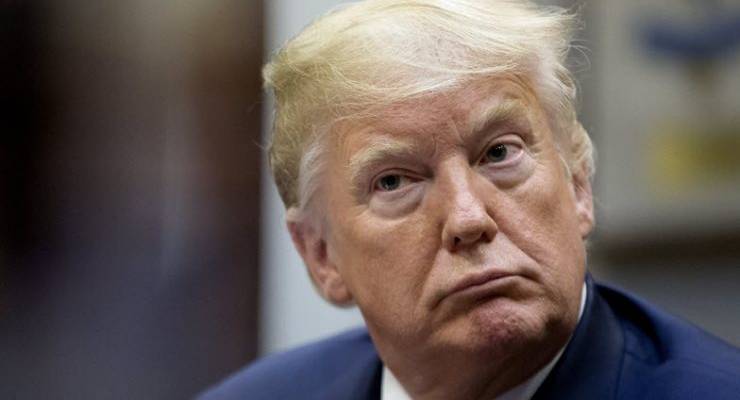
In her first Both Sides Now column for Crikey, ethicist and educator Leslie Cannold examined two sides of a very 2020 question: has Donald Trump destroyed democracy?
We asked what you thought Cannold’s real opinion was, and you answered (in droves!).
Next year, Cannold will make the column a regular one, laying out the argument for two sides of an ethical argument, asking you, our readers, to decide on which side you think she stands.
But for now, here is a selection of your thoughts on Cannold’s column, and her view.
Peter Bowman
As usual, the practical answer lies somewhere between those two extremes.
Democracy moved towards failure under Trump but survived by the strength of its institutions — in this case the voting system and the judiciary. In Australia, democracy is strong but is put under strain by income inequality and by corporate power over politicians. These factors need a little bit of socialist tweaking to keep democracy running smoothly.
Jane Monk
I favour Cannold’s argument “against”. While, as she says, we can always do better, we in Australia have got democracy pretty well sorted. Her “for” argument seemed internally inconsistent and tended to highlight some of the “woke-ish”, knee-jerk, unconstructive reactions that have been littering our media more and more in recent times.
Her key point, that “the cost of freedom is eternal vigilance”, is a true homage to democracy. Everyone needs to understand, nurture and promote this important truth!
Leslie R Ross
I think and feel that leadership has so much influence on how effective a liberal democratic society can function!
Whilst I have concerns about our current environment, a crisis might be what’s needed to reinvigorate the Liberal democratic process! We have witnessed state premiers step up and lead this year because of a crisis, so if our population inequity (we lose our country’s innate fairness and balance) gets too far out of whack there will be a social uprising — a crisis that would allow a genuine leader to step up with a platform of community fairness and balance!
As I travel around this country I sense that the capitalisation of human capital (dumbing down employee wages) could well underpin such an uprising!
Carolyn Nixon
For the reason the against argument seems more disperse, I am presuming Dr Cannold holds that view.
Personally, I believe the fact that it’s big money that seems to determine democratic outcomes –- think Trump, Palmer. And therefore I support the in favour argument.
But then, what is the value of a shallowly-considered opinion?
Jim Howe
The introduction of neoliberal economic policies had led to widening inequality and weakening of the social solidarity I believe was present in the UK my youth. Big money donations and lobbying have come to dominate the political processes especially in USA, and to a slightly lesser extent here and in the UK. In USA and UK the voting system is hopelessly unrepresentative. So just as more people in the Weimar Republic voted against the Nazis, so too more people voted against Thatcher, and Trump, when all three were elected.
The Republicans have manipulated the system to disenfranchise those who do not vote for them for 30 years. Hence the lying, cheating, venal and incompetent fraudster became president.
The first review of the situation is the one which I feel is more accurate, and more worrying. I can’t answer for Dr Cannold.
Libby Abramson
Strong points are made in both Cannold’s “sides”, but being more of an optimist than a pessimist, I’ve come down against Australia’s going the way of an end to its democratic values.
Confirmation that its democracy is, basically, in good shape bodes well for that democracy to stand strong against whatever “bullets” come its way. Importantly, Cannold confirms that like that in America, Australia’s democracy can do better. So? Like people, democracies can always find ways to strengthen, and endure.







Ducking the ethics, I think the leader that Donald Trump most resembles is President Joseph Kabila of the Congo. Two terms, the latter intriguingly extended by about two years, a hand-rigged successor and “senator for life”.
The US owes Africa a lot: not just the countless thousands of young agricultural interns in the 18th and 19th centuries, but also a “how to” of modern democracy.